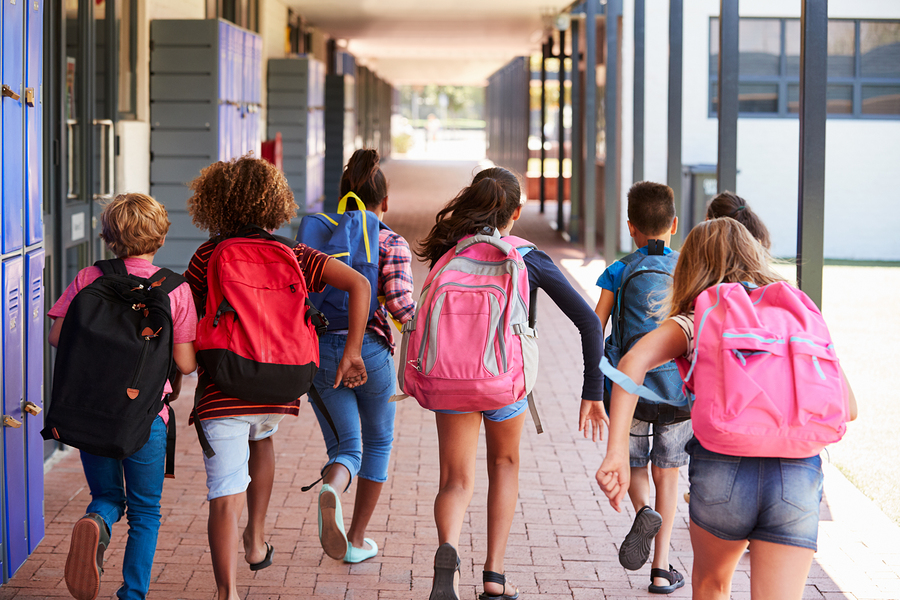Summer break is coming, children are eager to enjoy their free time away from classes, books and homework but for many years, researchers have warned that this time also means losing part of the knowledge they just learned.
The National Summer Learning Association argues that “summer learning loss during elementary school accounts for two-thirds of the achievement gap in reading between low-income children and their middle-income peers,” making it clear that, as they are enjoying some time off, they forget what they learned.
However, is this claim reliable? Paul T. von Hippel, a researcher and an associate professor in the LBJ School of Public Affairs at the University of Texas at Austin, doesn’t think so.
He says that he and his colleagues tried to replicate the studies without much success. They began tackling the “Beginning School Study” made back in 1982 with 838 first grades from Baltimore City Public School. In this research, the subjects were tested in Fall and Spring so investigators would determine their knowledge after these holiday breaks.
This study found that the knowledge gap more than tripled during the summer, but did not grow during the school year, which is where the two-thirds of the achievement gap in reading. However, the study is from the early ’80s, is there any recent data? Yes, but there is a problem with current studies.
The biggest problem Mr. von Hippel found was that the way in which learning outcomes are currently evaluated and measured had changed dramatically since the “School Start Study” research was conducted more than three decades ago. For starters, many people take standardized tests, which are supposed to show children’s abilities neutrally, but “some grades could give a deceptive reflection, like a mirror of the house of mirrors,” says von Hippel.
The professor discovered that the problem was in the questions; many of them were so complicated that the children could not respond, which resulted in a more significant learning gap and a distorted mirror effect. Nowadays, assessment methods focus on comparing children’s performance at a controlled level of difficulty, asking difficult questions after responding correctly. This resulted in not only the gap not growing, but also being reduced.
One positive aspect Paul T. von Hippel found out was that summer could be a great moment for kids to catch up; it was the only result that was consistent in all the studies. He said that “nearly all children, no matter how advantaged, learn much more slowly during summer vacations than they do during the school years. That means that every summer offers children who are behind a chance to catch up,” especially if the gap doesn’t expand during that period.
Do you assign activities to your students during the summer? After the summer, do you notice that your students have had a loss of learning? Share your experience on this topic in the comments section.
This article from Observatory of the Institute for the Future of Education may be shared under the terms of the license CC BY-NC-SA 4.0 
)
)


)